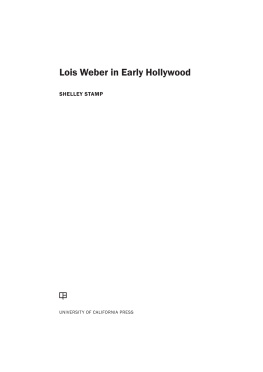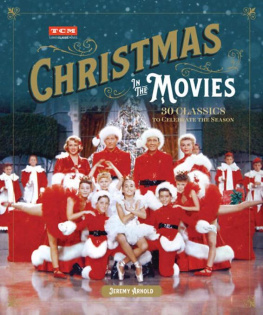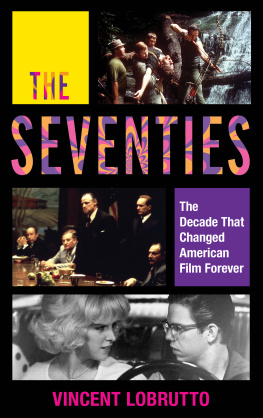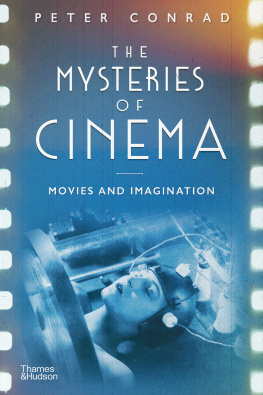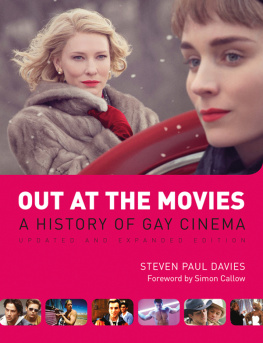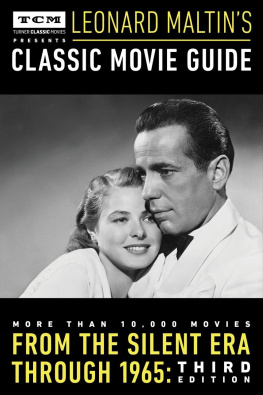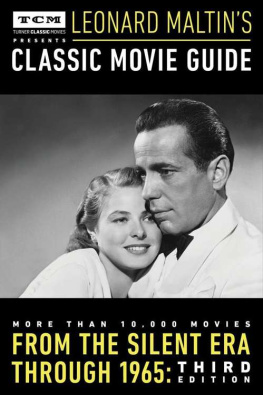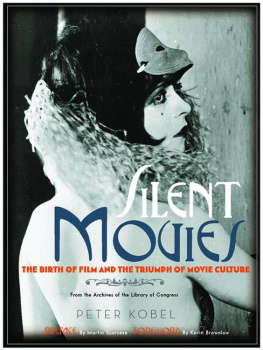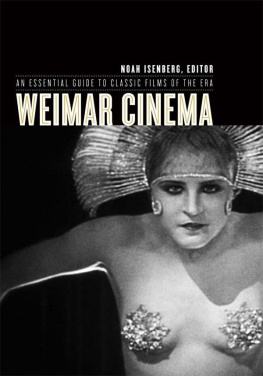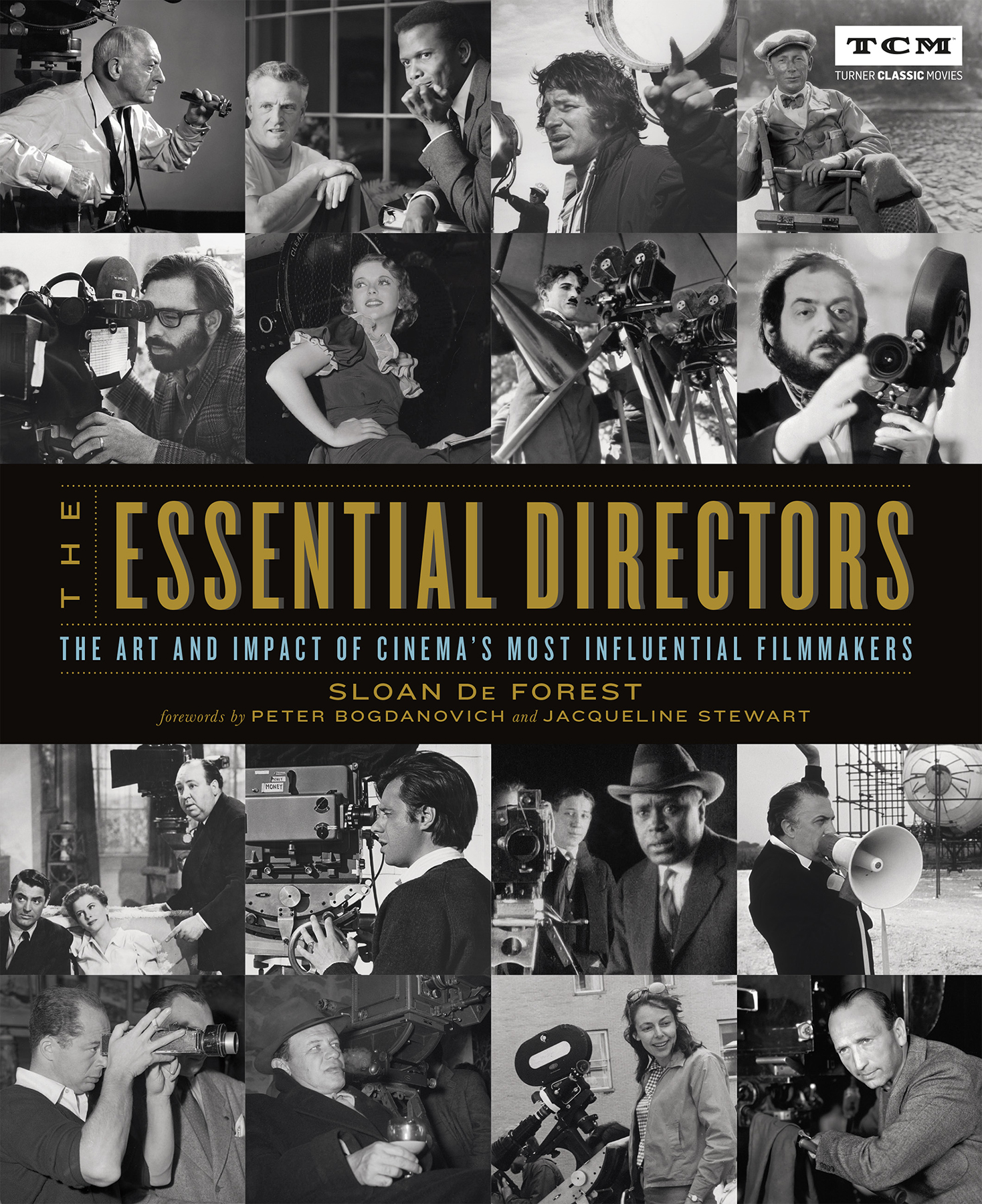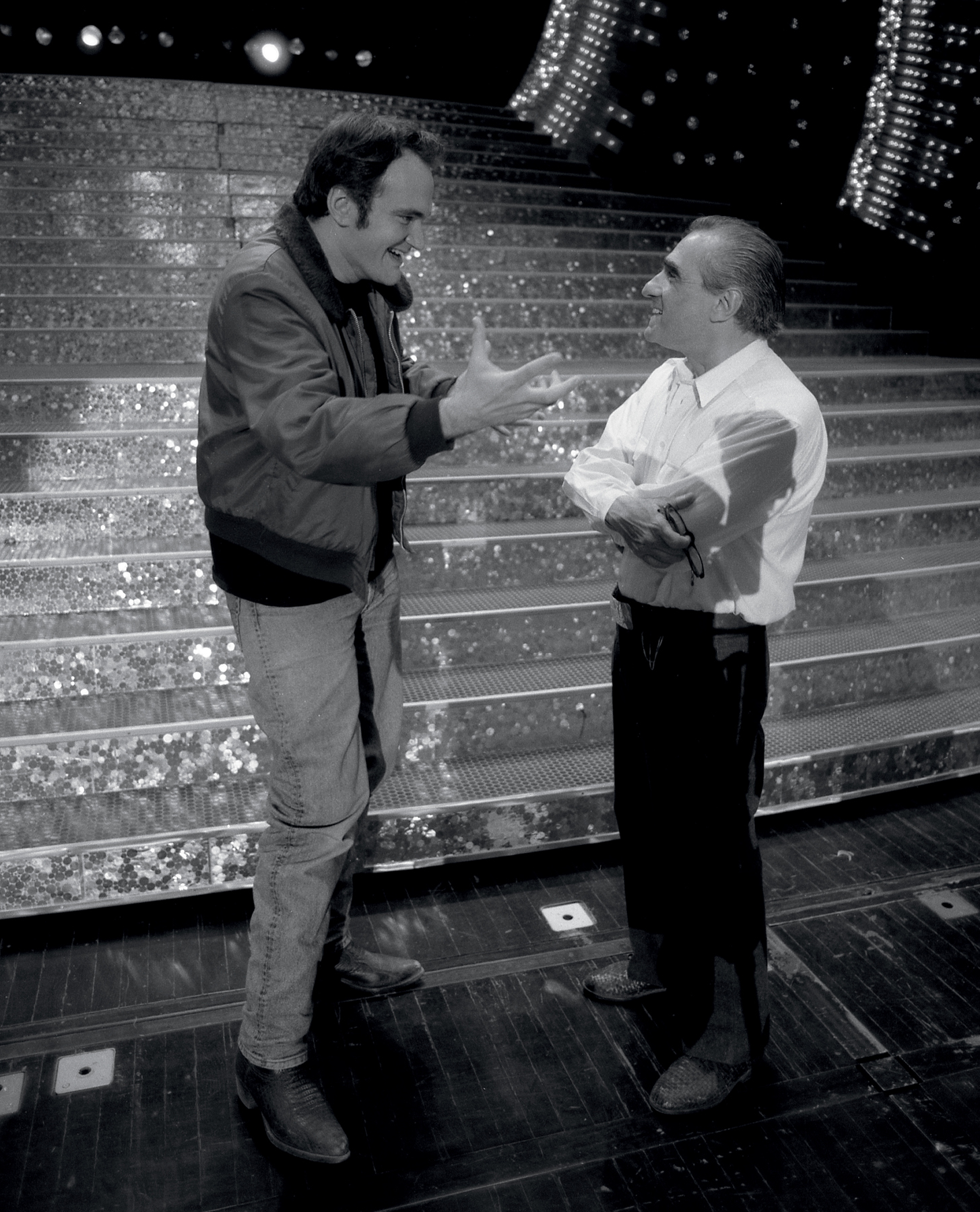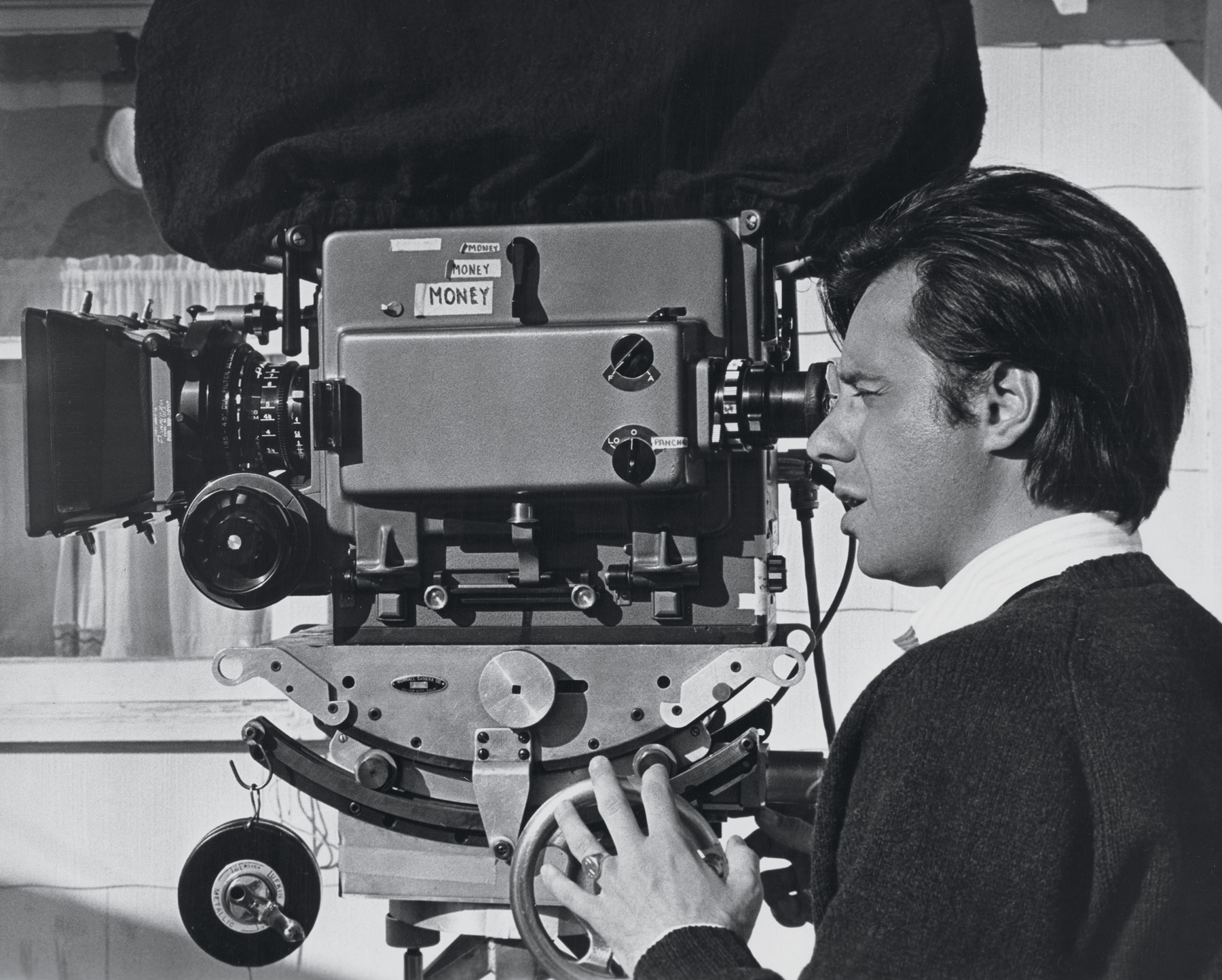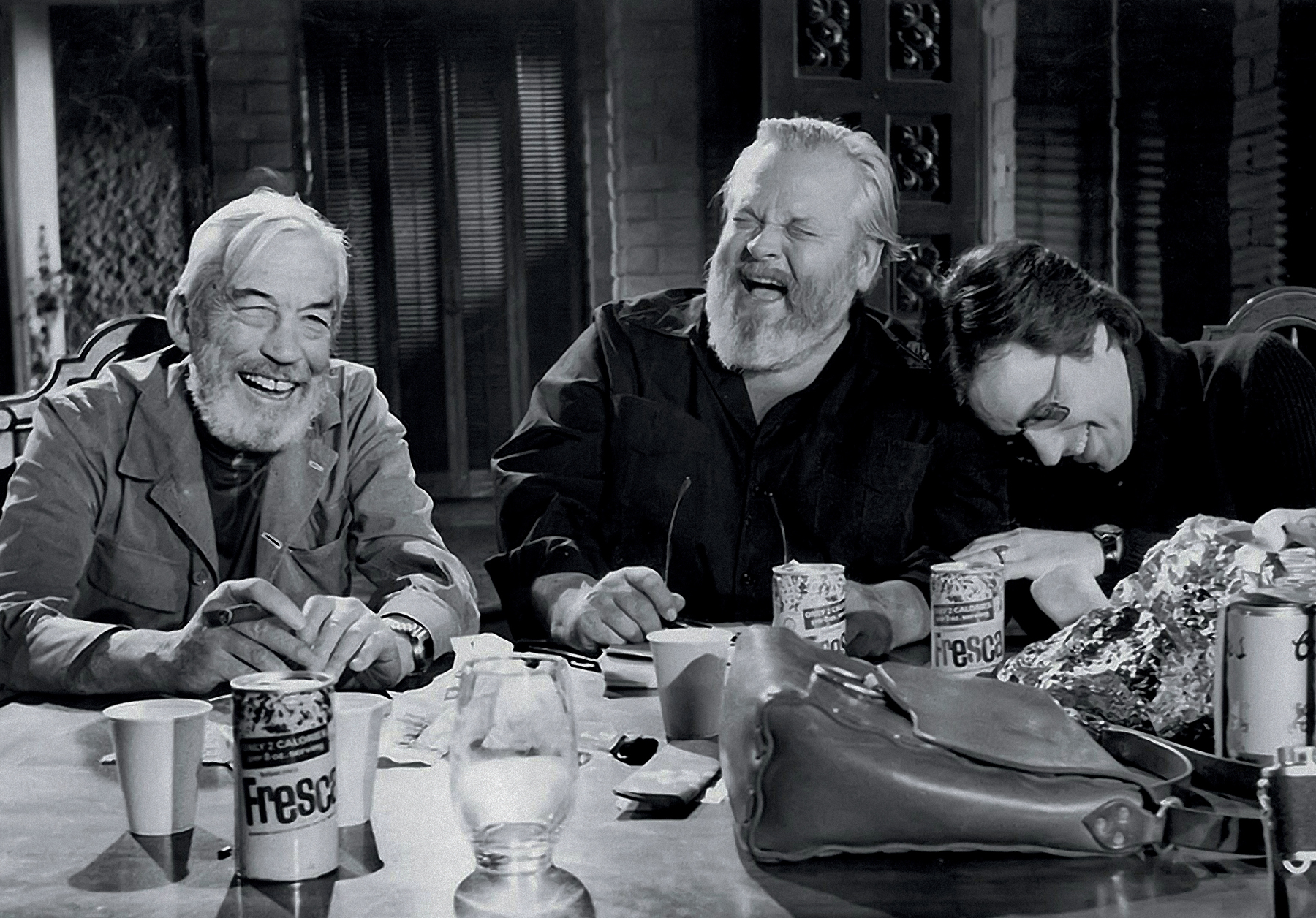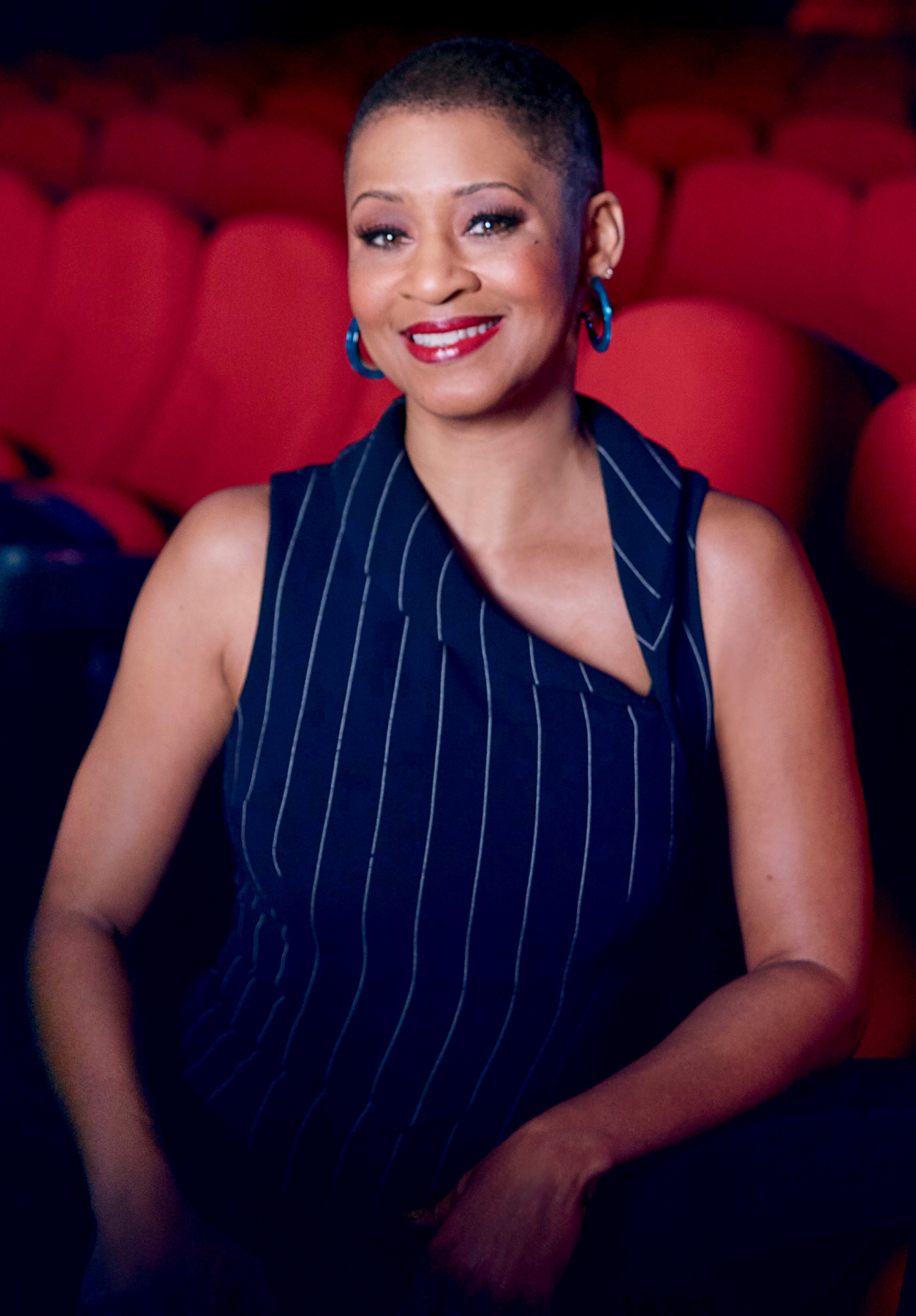Sloan de Forest - The Essential Directors: The Art and Impact of Cinemas Most Influential Filmmakers
Here you can read online Sloan de Forest - The Essential Directors: The Art and Impact of Cinemas Most Influential Filmmakers full text of the book (entire story) in english for free. Download pdf and epub, get meaning, cover and reviews about this ebook. year: 2021, publisher: Running Press, genre: Non-fiction. Description of the work, (preface) as well as reviews are available. Best literature library LitArk.com created for fans of good reading and offers a wide selection of genres:
Romance novel
Science fiction
Adventure
Detective
Science
History
Home and family
Prose
Art
Politics
Computer
Non-fiction
Religion
Business
Children
Humor
Choose a favorite category and find really read worthwhile books. Enjoy immersion in the world of imagination, feel the emotions of the characters or learn something new for yourself, make an fascinating discovery.

- Book:The Essential Directors: The Art and Impact of Cinemas Most Influential Filmmakers
- Author:
- Publisher:Running Press
- Genre:
- Year:2021
- Rating:3 / 5
- Favourites:Add to favourites
- Your mark:
The Essential Directors: The Art and Impact of Cinemas Most Influential Filmmakers: summary, description and annotation
We offer to read an annotation, description, summary or preface (depends on what the author of the book "The Essential Directors: The Art and Impact of Cinemas Most Influential Filmmakers" wrote himself). If you haven't found the necessary information about the book — write in the comments, we will try to find it.
From Turner Classic Movies, this is the essential guide to all the must-know detail on the style, achievements, and landmark films of the most influential directors in cinema history from the silent era through the 1970s.
For well over a century, those who create motion pictures have touched our hearts and souls; they have transported and transformed our minds, intoxicated and entranced our senses. One artists vision is the single most prominent force behind the scenes: the director. The Essential Directors illuminates the unseen forces behind some of the most notable screen triumphs from the aesthetic peak of silent cinema through the New Hollywood of the 1970s. Considering each artists influence on the medium, cultural impact, and degree of achievement, Turner Classic Movies presents a compendium of Hollywoods most influential filmmakers, with profiles offering history and insight on the filmmakers narrative style, unique touches, contributions to the medium, key films, and distinctive movie moments to watch for. The work of these game-changing artists is illustrated throughout by more than 200 full-color and black-and-white photographs.
In The Essential Directors youll read how Cecil B. DeMille revamped religion to define an era, and how Oscar Micheaux broke barriers to become the most influential Black filmmaker of the 1920s. Youll marvel at the efficient artistry of One-Take Woody Van Dyke and fall in love again with the sophisticated studio-era classics of George Cukor. Youll gain insight into how women like Dorothy Arzner and Ida Lupino built thriving careers in an industry ruled by men and discover what drove Mike Nichols to mix comedy with tragedy, becoming the highest-paid director of his day in the the process. The Essential Directors presents the work of these game-changing artists and dozens more in this stunning volume.
Sloan de Forest: author's other books
Who wrote The Essential Directors: The Art and Impact of Cinemas Most Influential Filmmakers? Find out the surname, the name of the author of the book and a list of all author's works by series.

